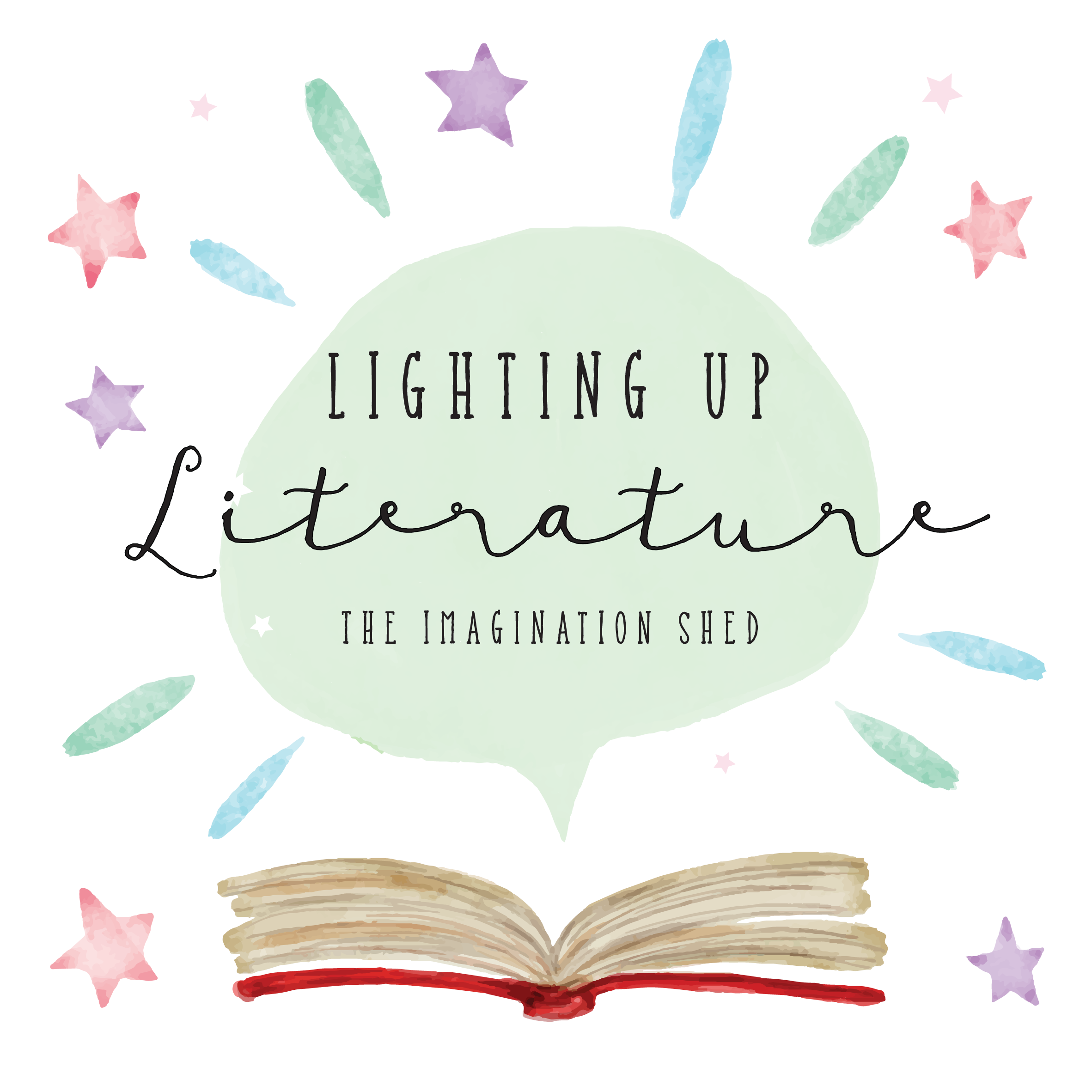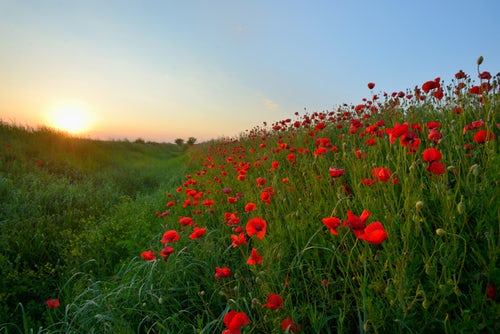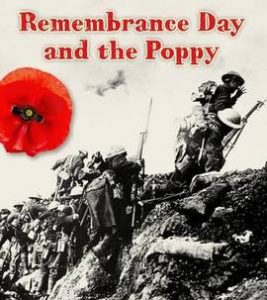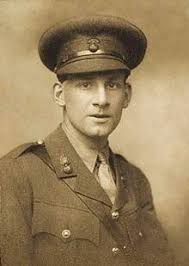Learning Through Literature: The First World War
“Mummy, why are there poppies everywhere?”
It is inevitable that our children will have questions at this time of year, about poppies, remembrance and war, about the purpose of remembering and the historical events which lie at the heart of it all. As parents, we have a responsibility to educate our children as citizens of the future, but the conversations we find ourselves having can be fraught with difficulties. How do you keep the conversation age appropriate? We want to convey to our children the sadness and the futility of war, but it isn’t always easy to know how to do that without frightening them or demanding too much of them emotionally and cognitively.
The answer, I think, lies in literature, so here are some suggestions about how you can use books as a platform to help your children understand and learn about war and peace.
Under Eights
There are lots of non-fiction books about the war. I took my four year old to the library yesterday and we found this beautiful book, which tells the story of the history of World War One and the poppy, in a simple and non-confrontational way. We have used it as a springboard for having conversations about the job of soldiers all over the world and how soldiers help people, and we will be making our own poppies later this week.
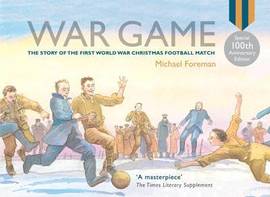
War Game, by Michael Forman, is a beautifully illustrated book which tells the story of the historic Christmas truce. War Boy, by the same author, is his memoir of growing up on the home front in World War Two.
9-14 Year Olds
Charlotte Sometimes, the story of a girl who time travels, was one of my favourite books growing up. I loved its tenderness, its poignancy and its incredibly powerful narration of the impact of the First World War on those the soldiers left behind. I remember as a twelve year old scripting it and acting it out with a friend in the garden again and again, which makes me wonder now if the book answered a need in me to explore the tragedy and helped me make sense of it.
War Horse, by Michael Morpurgo is told through the eyes of a horse, abruptly pulled from his farm in Devon and his loving owner, Albert, and sent to the trenches. It is a powerful account of the war and a touching story of friendship and love; it also serves as a valuable reminder about the role of animals in war and is best for late primary age and early teens. Private Peaceful, by the same author is another moving story of relationships in a time of trouble – the concept of the story is quite emotionally difficult so this is another one for older readers.
Poetry
War poetry, as well as being part of the cannon of great literature, provides a vivid and visceral account of the war and a unique opportunity to learn about the struggles of war from the mouths of those who lived through it. Early teenagers upwards certainly gain a lot from experiencing the poetry (through reading, hearing or performing it themselves) and the shorter structure can make them more manageable. However, obviously much of the poetry is profoundly distressing. Tailor your choice of poems to your child; younger or more sensitive children might be very affected by more graphic imagery and prefer to focus on the sadness, for example through Laurence Binyon’s For the Fallen or Sassoon’s Dreamers, but older children or teenagers who search for honesty and truth will value the rage and rawness of Dulce et Decorum Est.
At the heart of all of our discussions with our children about war lies the message of peace. We can model and discuss peaceful negotiation, compromise, empathy and mutual respect in even the most mundane of everyday conflicts, and help to foster compassion in future generations by encouraging them to empathise with victims of war around the world today
Ideas for Activities At Home
Make poppies from red fabric or crepe paper.
Find out about members of their family or local community who fought in the war, or female relatives who worked as nurses or in munitions factories. They could come up with questions they would like to ask them, write a mini biography or write them a letter.
Write a poem for peace.
Further Reading & Resources
A free scheme of work for 11-14 year olds to accompany War Horse, with accompanying images, poetry and worksheets: https://freedomtoteach.collins.co.uk/ks3-english-war-horse-scheme-of-work/
A BBC Schools recording of Private Peaceful: https://www.bbc.co.uk/programmes/p01n4ny7
